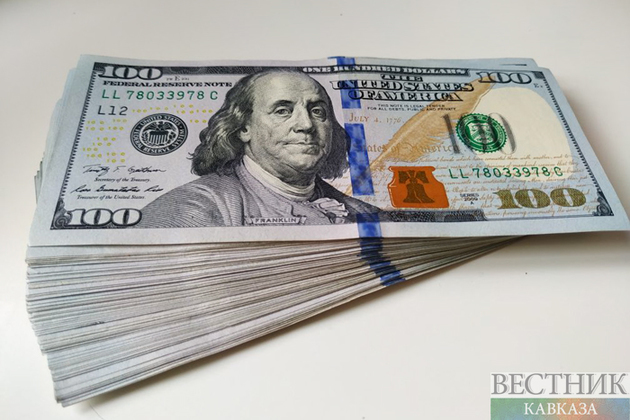Latest US State Department Trafficking in Persons report says Balkan countries are making 'significant efforts' to stop human trafficking gangs but have yet to get on top of the problem. Balkan Insight reports that the US State Department Trafficking in Persons Report for 2022 says Albania, Greece, Montenegro and Serbia did not fully meet the minimum standards for the elimination of trafficking but are making efforts to do so. Another serious concern noted was the failure to prosecute officials involved in such crimes.
“Official complicity in trafficking crimes remained a concern, with the government reporting no prosecutions or convictions of officials despite serious allegations and the government dismissing a police officer from his position”, the report notes, on Albania.
Besides the inconsistent implementation of screening efforts for vulnerable populations the government lacks resources and capacities. “The government lacked resources for long-term care, employment, and other reintegration efforts for survivors, and the government-run hotline continued to not function,” the report read.
Traffickers exploit domestic and foreign victims in Albania, and traffickers exploit victims from Albania abroad. The most vulnerable groups are women and children in sex trafficking or forced labour within the country, especially during the tourist season. Children are also used in more serious crimes such as burglary and narcotics distribution.
“Traffickers exploit Albanian children, mainly from the Romani and Balkan-Egyptian communities, for seasonal work and forced begging. Isolated reports stated that traffickers exploit children through forced labor in cannabis fields in Albania, and some traffickers are likely involved in drug trafficking”, the report says.
“Traffickers exploit Albanian victims in sex trafficking in countries across Europe, particularly Belgium, Germany, Greece, Italy, Kosovo, the Netherlands, North Macedonia, Norway, Switzerland, and the United Kingdom (UK). Albanian migrants who seek employment in Western Europe are vulnerable to exploitation in forced labor and forced criminality, particularly in the UK,” it adds.
It adds that foreign victims from countries like Gambia, and the Philippines are exploited in sex trafficking and forced labour in Albania. Traffickers adapted their operations to the impact of the Covid pandemic and shifted recruitment and advertisement tactics to online means, particularly social media.
Elsewhere in the region, Greece also did not fully meet the minimum standards for the elimination of trafficking but, like Albania, is making efforts to do so.
“The government identified fewer victims and did not consistently screen asylum-seekers and undocumented migrants for trafficking indicators. Numerous, sometimes violent, pushbacks against undocumented migrants and asylum seekers discouraged potential victims from selfidentifying or cooperating with authorities, according to reports from numerous credible sources,” the report says.
According to the report, traffickers operating in Greece are mostly Greek and other Western and Eastern Europeans, but some are also from the Caucasus and Central Asia.
Montenegro also does not fully meet the minimum standards for the elimination of trafficking but is making efforts to do so.
“Traffickers are predominantly men between aged 25 to 49 and members of organized criminal groups that operate in the Western Balkans. Victims of sex trafficking identified in Montenegro are primarily women and girls from Montenegro, neighboring Balkan countries, and, to a lesser extent, other countries in Eastern Europe,” the report noted.
Serbia also does not fully meet the minimum standards for the elimination of trafficking but is making significant efforts to do so.
“Traffickers exploit Serbian women in sex trafficking in Serbia, in neighboring countries, and throughout Europe, particularly Austria, Germany, Italy, and Turkey. Traffickers exploit Serbian nationals, primarily men, in forced labour in labor-intensive sectors, such as the construction industry, in European countries (including Austria, Belgium, Croatia, France, Germany, Italy, Luxembourg, Montenegro, Russia, and Switzerland) and the United Arab Emirates”, it noted.
It added that reports indicate that Vietnamese workers experience forced labour at a construction site. “Credible allegations indicate Vietnamese workers face forced labour at a construction site for a PRC-owned tire manufacturing plant in Zrenjanin. Recruitment agencies in Vietnam organized transportation, visas, and accommodation, and they charged the Vietnamese workers an exorbitant recruitment fee between $2,000 to $4,000 for their services,” it read.
On November 2021, BIRN published an investigation on a Chinese tyre factory in Serbia which documents ‘systemic exploitation’ and potentially human trafficking of hundreds of Vietnamese workers at the site.






